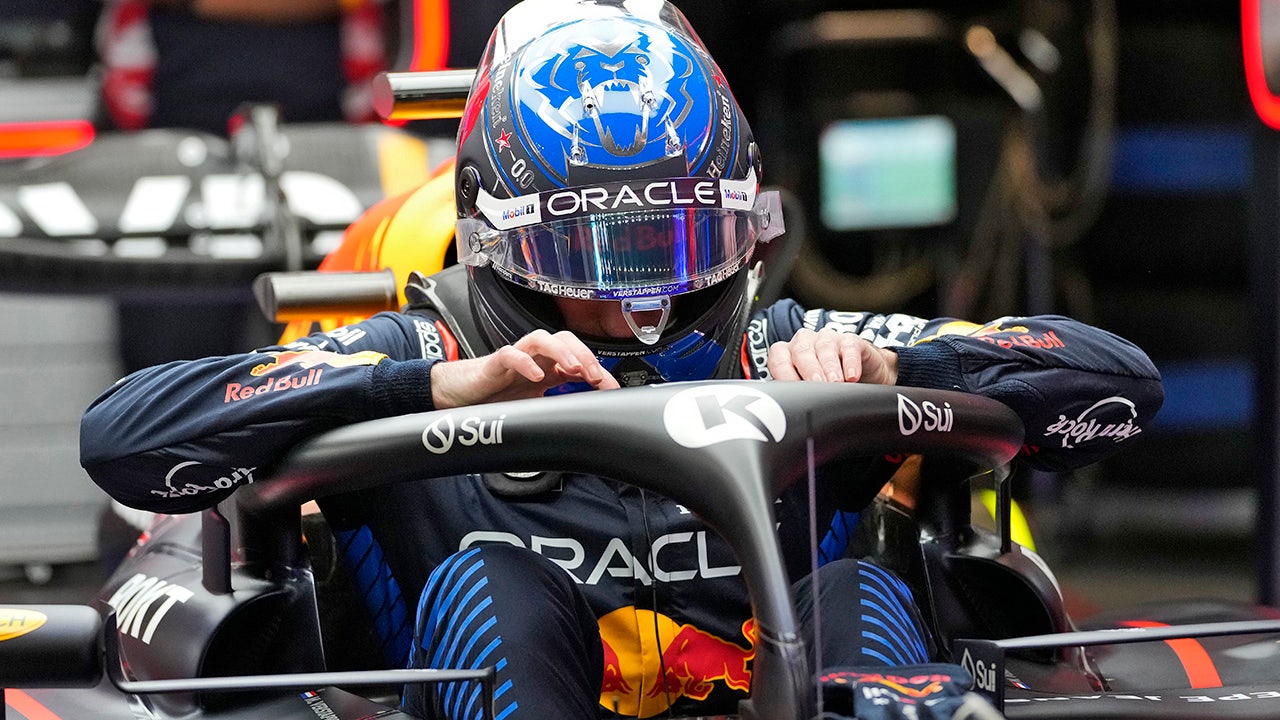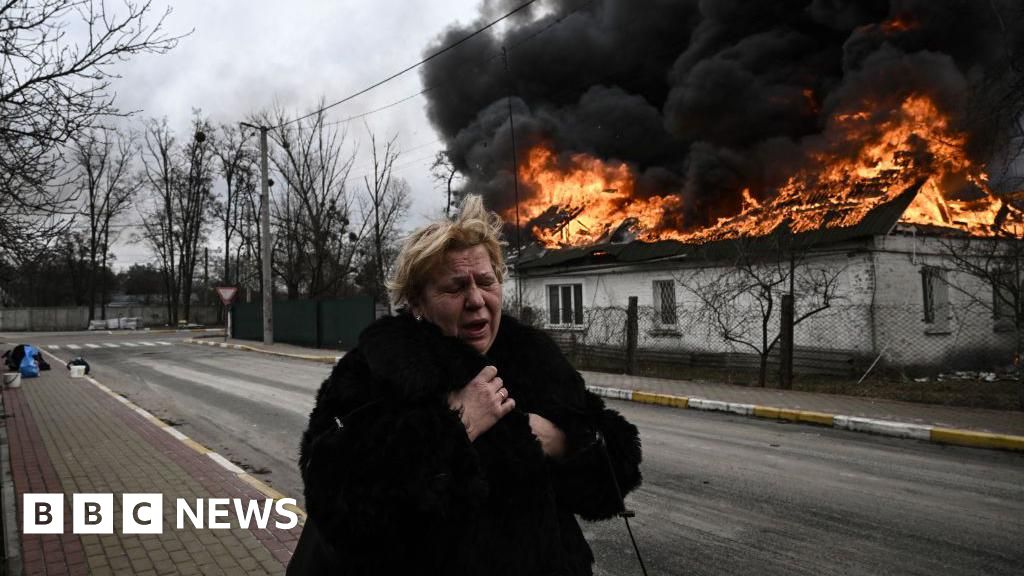Tech
Virginia Tech selected to lead $11.6 million research study for industrial decarbonization in the Roanoke Valley

Project CARDINAL is located at the Roanoke Cement Plant in Botetourt County, where Virginia Tech and Roanoke Cement Company will collaborate with partners from the Southern States Energy Board, Advanced Resources International, Crescent Resource Innovation, and Top Rock Geoscience.
Kevin Pitts, dean of the College of Science at Virginia Tech, said the effort is a win-win for both “the region we live in and future generations.”
“This project exemplifies the value that Virginia Tech brings to western Virginia and the commonwealth,” said Pitts. “With this effort, Virginia Tech will demonstrate scientific expertise that is renowned globally and at the same time help make the work of significant industrial operations in our region environmentally sustainable.”
The general idea behind Project CARDINAL involves something called geologic carbon sequestration, which Pollyea has been studying since 2007. The technology requires separating carbon dioxide from the emissions streams at power, cement, and chemical plants, then permanently storing the carbon dioxide within deep geologic formations.
“Virginia Tech is pioneering carbon storage research in the complex geology of Appalachia,” said Chris Bayne, director of decarbonization and energy at Titan America, parent company of Roanoke Cement Company. “Project CARDINAL will make important contributions to the science and engineering of geologic carbon storage throughout the eastern United States, and we are thrilled to be part of, and support, this important research.”
If proven feasible, the long-term goal is to permanently store carbon dioxide in the same type of geological formations that often hold other resources, such as oil and gas. The geologic formations for carbon dioxide storage at Project CARDINAL would be deep underground, more than a mile below ground surface.
“Geologic systems are very good at storing fluids,” said Pollyea. “This is the same process responsible for natural accumulations of oil, gas, and even carbon dioxide in deep geologic formations.”
With a Virginia Tech project team including Steve Holbrook, professor of geosciences; Nino Ripepi, director of the Virginia Center for Coal and Energy Research; and Rohit Pandey, assistant professor of mining and minerals engineering, Project CARDINAL will test the geologic conditions at the Roanoke Cement Plant for the ability to store 1.7 million metric tons of carbon dioxide each year for the next three decades. That would be the equivalent taking more than 360,000 passenger cars off the road annually.
“Project CARDINAL is a terrific example of academic research and corporate sustainability goals aligning to move the needle on climate mitigation. This project will unlock new knowledge of our local geology, provide students with real-world research experiences, and, if the science proves out, we may open new doors to economic development in Southwest Virginia,” Pollyea said. “What a great opportunity to see the ideas we’ve been testing for years have chance at becoming reality.”








